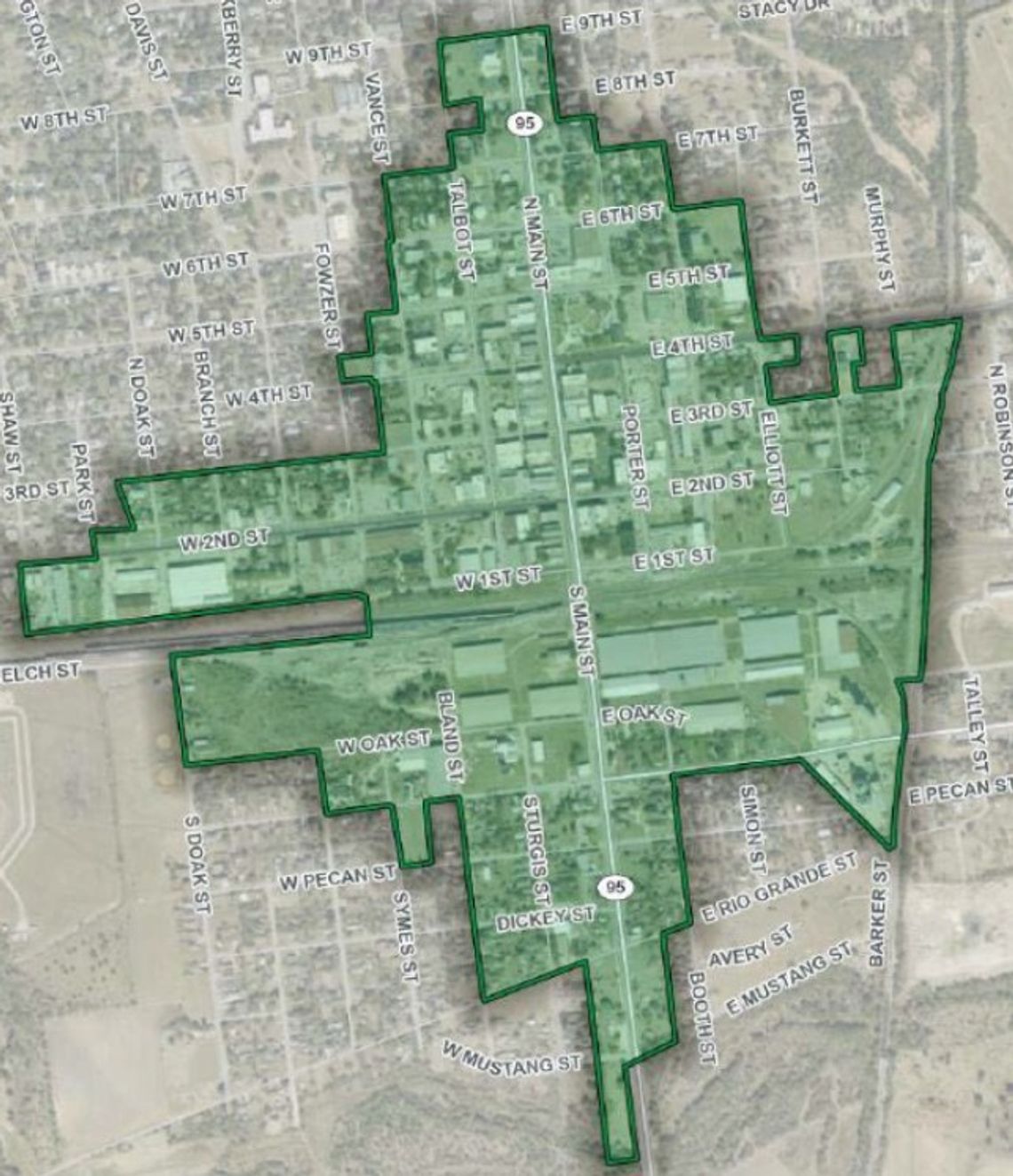Hanging out downtown may soon come with consequences if City Council passes a new ordinance aimed at increasing safety and promoting a welcoming environment for downtown businesses and visitors. While the ordinance is intended to target loitering and panhandling, the agenda item for the Oct. 9 City Council meeting said it was “to establish regulations related to sitting, lying down, or sleeping in public, aggressive panhandling or soliciting, and obstruction of sidewalks and pedestrian rights-of-way within the Downtown Overlay District.”
The proposal elicited some outrage in the community, with opponents of the measure said the ordinance would criminalized un-housed community members instead of helping them.
“Most of the un-housed people that live in this town have lived here their whole lives. They are not going to go anywhere...The reason for that is they’re from here. They are family members. They are classmates. They are former co-workers,” said community activist Lisa Drummond. “Just keep it in mind, these are our people.”
Drummond, a community advocate who volunteers with Taylor Center for Assistance and Navigation, said a count of un-housed Taylor community members taken by the organization in February indicated there are between 50 and 100 people who need shelter. She said adding fines and citations to their worries would be another burden on an already at-risk population.
The ordinance as proposed would prohibit sitting or laying down on a public sidewalk, street, alleyway or public property. This would also help the city maintain Americans with Disability Act compliance by not blocking pathways for those with mobility challenges.
The ordinance would prevent sleeping almost anywhere outside downtown at night unless it’s part of a special event. It also defines what is considered unlawful aggressive panhandling.
It would not affect people sitting on benches along Main Street, for example, or eating at the tables outside a restaurant. It would not apply to people who are waiting in line for an event or lining the sidewalks to watch a parade. It would not in general prohibit soliciting by groups such as organizations that sell popcorn or cookies.
Interim Police Chief Joseph Branson said enforcement would mainly be complaint-driven. Officers would approach a person reported to be loitering or panhandling and inform them about the ordinance, asking them to comply.
If the offender does not comply, the officer could give a citation. In extreme cases which might involve aggressiveness on the part of the offender, the police could make an arrest.
Branson said his officers are already encountering situations such as those covered in the proposed ordinance, but passage would give the officers a tool for enforcement. Without a specific ordinance, the officers have no standing to write citations or remove a person who they have received complaints about if the person does not comply willingly.
Alyse Mervosh, a downtown business owner, doubted whether the proposal would make downtown better and safer.
“It looks like it was written to placate those who have brought complaints and does not offer any real solutions,” she said.
Mervosh cited issues like aggressive drivers, vacant buildings and vandalism as being a greater problem facing downtown shoppers and business owners, suggested the city partner with organizations like TCAN-Taylor rather than put the responsibility on the police force.
“What this ordinance will do is target people who are already suffering. They cannot pay fines and jail time can make their situation worse,” Mervosh said.
Fire Department targets lithium-ion batteries
Taylor Fire Chief Daniel Baum accepted a proclamation from City Council naming Oct. 5-11 as Fire Prevention Week, and cautioned the community on the dangers of lithium-ion batteries. When damaged or improperly charged, lithium-ion batteries can overheat, start fires or explode.
Lithium-ion batteries are used in phones, laptops, power tools, e-bikes, vacuum cleaners, mobility scooters and many more items in homes, cars and offices. Because they are a fire hazard, they cannot be disposed of in regular trash collection.
They can be taken to household hazardous waste collection points or to the fire department for disposal. Some businesses such as electronics stores and Home Depot locations have receptacles for recycling Li-ion batteries.
“It’s something to stay cognizant of. When you lose your phone charger like we all do, don’t buy the $3 replacement on Amazon, get something with a name brand you recognize because there’s been plenty of issues with those (low-quality chargers),” Baum said.
Some city fees to increase
Partying in the park may be a bit more pricey if City Council passes a new fee schedule presented by Chief Financial Officer Robert Powers. Fees went up for burial services and for services at the Taylor Airport.
Development services fees also increased. Powers said many of these fees were increased in order to fully recover the cost of services and to pass through any third-party professional fees.
New line items in the park fees include the ability to rent the mini-golf picnic area for $35 per day and rental of the Heritage Square playground area for four hours for $35.
While the parks do not allow inflatables such as bounce houses to be used in general, those renting a pavilion will be able to bring inflatables to their events for a charge of $25.
The majority of city departments did not see fee increases this year.









